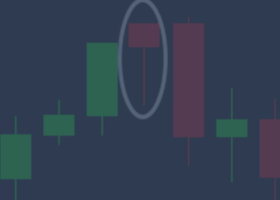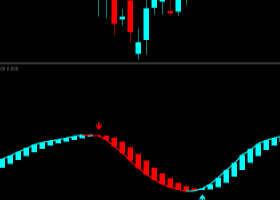
Chinese markets continue dramatic plunge with investors' incertitude damaging yuan
On Wednesday Chinese markets continued its dramatic plunge despite efforts from Beijing to restrain a three-week selloff.
The Shanghai Composite Index fell 5.1 percent to 3,535.63 at 1:52
p.m., after dropping as much as 8.2 percent, the most since 2007.
Financial and energy companies led declines, as only 18 stocks among the
1,106 that trade in Shanghai rose.
PetroChina Co. and Industrial & Commercial Bank of China Ltd., the two biggest stocks, dropped more than 3 percent.
The CSI 300 index slumped 6.1 percent. Hong Kong’s Hang Seng China Enterprises Index, which entered a bear market Tuesday, fell 5.6 percent, pushed down by losses for banks and brokerages. The Hang Seng Index dropped 4.6 percent.
The latest attempts to hamper declines, which include regulators introducing measures to buoy the value of small-cap stocks, have so far failed to convince investors that valuations are cheap enough after a 28 percent drop in the Shanghai Composite from this year’s high on June 12, says Bloomberg. This follows stock purchases by state-directed funds and interest-rate cuts by the People's Bank of China in recent weeks.
Hundreds of Chinese stocks were frozen from trading Wednesday, with
1,287 companies suspended. This number represents 45.6% of the constituent stocks
of the Shanghai Composite and Shenzhen Composite and $2.5 trillion of
market capitalization, according to FactSet.
China's renminbi has been negatively affected by investors' undermined confidence.
In the
onshore market, the Chinese currency hit 6.2094 per U.S. dollar, compared with
6.2100 as the market closed Tuesday.
The price for the yuan in the
offshore market , where it can trade freely, fell to as low as 6.2290
per dollar — the weakest level since March 18 — compared with 6.2212
late Tuesday, says MarketWatch. For Wednesday, China’s central bank fixed the yuan’s official rate at 6.1175 a dollar - weaker than 6.1175 Tuesday.
Investors are now selling Chinese bonds that trade offshore market. As traders say, while high-quality investment-grade bonds, including top state-owned
companies, have been robust in the past few weeks, these assets are
also under pressure now.
On Wednesday morning, yields of bonds issued by state-owned companies like grid operator State Grid Corp. and oil giant Cnooc Ltd. have climbed seven to 10 basis points.
Those inside China seeking to keep their money out of risky
stocks have taken a direction towards the onshore bond market. Benchmark 10-year Chinese
government bond yields dropped to 3.4% Wednesday from 3.6% earlier this
month.
In the meantime, Goldman Sachs remains upbeat on China.
Kinger Lau, Goldman Sachs's China strategist in Hong Kong, expects the CSI 300 to surge 27
percent over the next 12 months as government measures boost investor
confidence and monetary easing spurs economic growth. Leveraged
positions aren’t large enough to provoke a market collapse, Bloomberg reported referring to Lau as saying.
“It’s not in a bubble yet,” Lau said in an interview. “China’s government has a lot of tools to support the market.”


